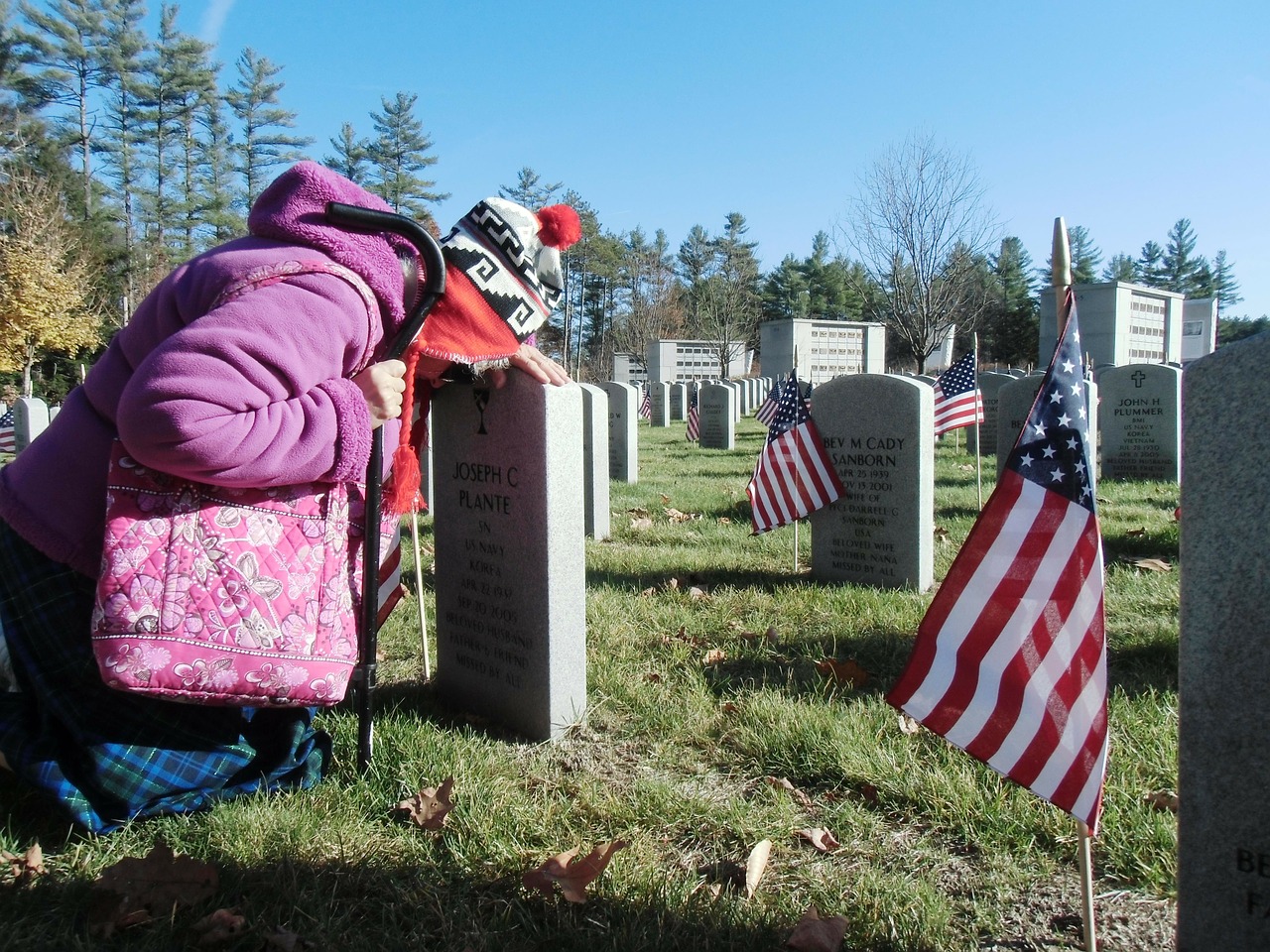Suicide is devastating to the ones left behind. It brings up a myriad of powerful emotions: among other things, you must deal with feelings of shock, anger, guilt, and overwhelming grief. The survivor is left wondering if they could have done something to prevent the person from taking their life. They are often furious at the deceased person for leaving them or for putting them through this heart-wrenching experience. And, the survivor must learn about the grieving process when it comes to coping with suicide so they can continue on with their own life.
*If you are grieving a loved one, please be gentle with yourself during this devastating time and know that you could not have done anything to prevent this suicide. More than ninety percent of the time, suicide happens because the person was deeply depressed or facing another form of mental illness. Depression and mental illnesses are caused by chemical imbalances in the brain, which keep the person from seeing their situation clearly. In their mind, they believed there was no other way to deal with their pain.
Also, if you are facing the loss of a loved one through suicide, please know that you do not have to go through these intense emotions alone. Talk with your family, join one of the suicide support groups in your area, turn to the clergy or supportive friends, or speak with a therapist who specializes in trauma and grief counseling.
Emotional Impact of Suicide
There are many emotional aspects to the suicide loss of a loved one:
- Shock –It can be especially devastating if you were the one who found the body or if you had no idea the person was dealing with depression or mental illness.
- Disbelief – It’s normal to feel as if your loved one’s suicide can’t be real.
- Confusion – Understanding why your loved one would do this and looking for answers can be challenging. Even if you knew the person was struggling and you were worried they might attempt to take their life, there will still be unanswered questions and you may never resolve them.
- Anger – It is perfectly normal to be angry with your loved one for putting you through this emotional trauma. Additionally, you may be mad at yourself or with others whom you feel might have been able to prevent the suicide.
- Guilt – You will likely feel guilty that you didn’t see the warning signs or couldn’t prevent the suicide. And, when you are angry at your loved one for leaving you or for causing so much suffering for the survivors, you will also feel guilty for feeling this way. But, keep in mind – you could not have prevented this. It is not your fault.
Help for Suicide Survivors
First, take the grieving process one day at a time and expect setbacks. Don’t hold in your emotions – when you’re coping with suicide, if you don’t express your grief and anger, these feelings can become even more overwhelming. Consider keeping a journal as an emotional outlet.
One of the best ways to cope is to find support through a suicide survivor support group. Speaking with other survivors will help you understand that you are not alone. You can share your grief and anger with people who have gone through the same life-shattering experience. A support group can give insight and can be a safe place to turn to if you are unable to speak to friends or loved ones who might have stigmas about suicide.
You might also turn to your clergyperson during the grieving process. This can be invaluable. However, keep in mind that some religious views can harm, rather than heal. Suicide is the result of a mental illness. If your clergyperson makes you feel uncomfortable or upsets you because they insist your loved one has committed a sin, find a different clergy member.
If you are dealing with your own depression, suicidal thoughts, or with unrelenting anguish following the suicide of your loved one, seek immediate help from a therapist. Counseling, either individually or as a family, can help you adjust in the first crucial months after your loved one’s suicide. Sometimes, the short-term use of medication may be necessary. In any case, therapy can help you get through this crisis and give you the tools to for coping with your grief going forward.
If You Need Help Coping with Suicide
The compassionate professionals The Center for Anxiety and Mood Disorder are here to help you work through the grieving process. For more information about coping with suicide of a loved one, contact us or call us today at 561-496-1094.





